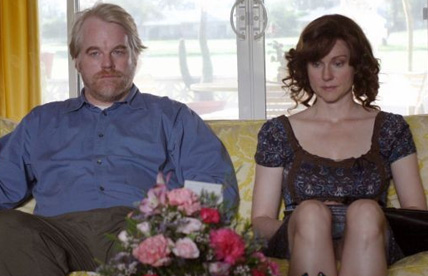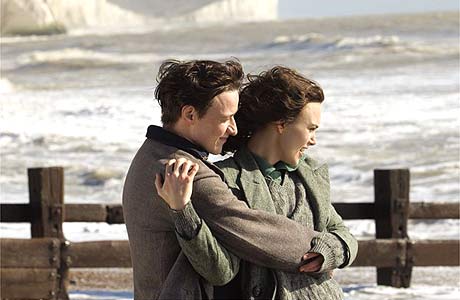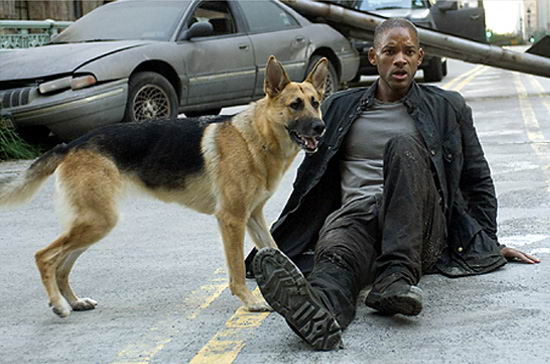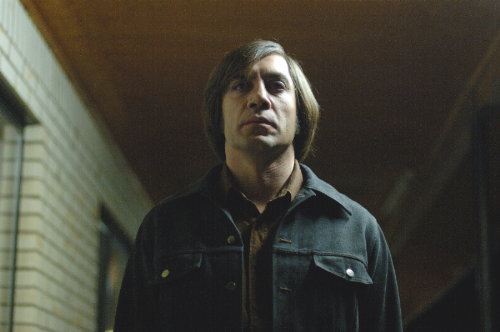
Director Jason Reitman’s follow-up to Thank You For Smoking bears the self-consciously hip tone and highly affected aesthetic of an emerging talent’s debut film, of the sort straddling the line between trying-too-hard to be an instant cult classic and actually being an instant cult classic.
While the 30-year-old Reitman’s got at least one incredible movie under his belt already, Juno screenwriter Diablo Cody actually is an emerging talent making her debut here, so certainly a great deal of the cuteness may be hers to take credit for/accept blame for. From the high school notebook sketch font on the credits and titles to the Wes Anderson-like reliance on soundtrack, costume and set design for storytelling purposes, nearly every frame of Juno betrays a film that could have gone horribly, horribly wrong instead of going so pleasantly, pleasantly right.









